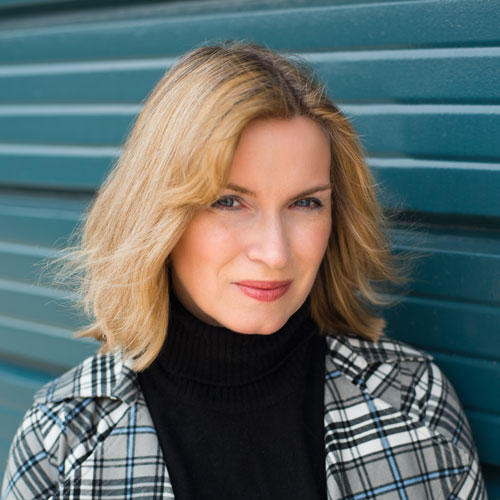Nowadays, we leave science to the scientists: rigorously trained professionals who test hypotheses via experiments and observation. But as U of T Mississauga English professor Liza Blake will tell you, we’ve only been doing that for about 400 years. Before that, “science” as we know it didn’t exist – and some of the most prominent thinkers in physics, biology and astronomy were actually writers of literary fiction. As the scientific revolution took shape in the late 1500s, poets and playwrights concerned themselves with questions about the natural world. Were atoms inert building blocks or living things? Would space travel ever be possible?
“What’s really exciting for me about studying this period is that these writers have some really weird ideas about how nature works,” says Blake, who teaches a course called Science and Fiction in the English Renaissance and is writing a book on the subject. Among the writers she teaches is Margaret Cavendish, whose The Blazing World, published in 1666, features a woman kidnapped into a society of part-human creatures.
In Cavendish’s time, natural philosophers – generally considered the progenitors of modern scientists – were also concerned with how questions about nature should be investigated; the iconoclastic writer criticized the modes of thinking at London’s Royal Society. “She wanted to be a member,” says Blake, “and they wouldn’t let her partly because she was a woman.”
In contrast to early modern literature, Blake says modern science fiction “accepts science as a discipline: Isaac Asimov was up-to-date on scientific texts, but didn’t think he was advancing science with his books.” And even though fiction can still inspire science (the word “cyberspace” came from a William Gibson story), in our day it’s usually the other way around. “It would be hard to have the same scene today – back then people didn’t have any idea what nature fundamentally was,” says Blake. “A lab was one way to figure it out; a poem was another.”
Read the beginning of Margaret Cavendish’s novel The Blazing World
Recent Posts
U of T’s 197th Birthday Quiz
Test your knowledge of all things U of T in honour of the university’s 197th anniversary on March 15!
Are Cold Plunges Good for You?
Research suggests they are, in three ways
Work Has Changed. So Have the Qualities of Good Leadership
Rapid shifts in everything from technology to employee expectations are pressuring leaders to constantly adapt





